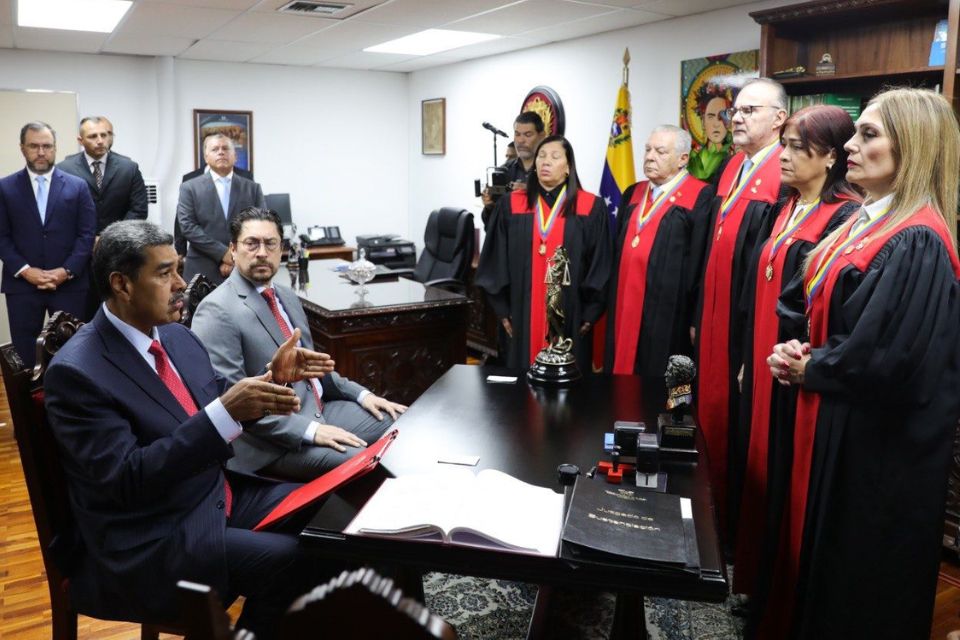August 2, 2024, 4:00 AM
August 2, 2024, 4:00 AM
The sudden death of Clara López Beltrán (La Paz 1951-2024) left a deep void in Bolivian historiography because she was one of the best-trained academics and made a vast contribution to better understanding and understanding Bolivia. She was one of the few Bolivian historians with chairs in American, European and Latin American universities. She was the only woman from La Paz who earned a position at the University of Turin based on her merits. There she taught alongside great eminences of humanistic knowledge.
Alba María Paz Soldán, his colleague at the Faculty of Humanities at the Universidad Mayor de San Andrés, pointed out López Beltrán’s efforts to open spaces to continue his doctoral studies in Italy and then at Columbia University, United States. There he strengthened his friendship and his ongoing collaboration with Herbert Klein, the author of the best general history of Bolivia and a profound connoisseur of the country for 60 years.
Clarita, as she was known among her friends and colleagues, also made an effort to encourage other generations – her students – to apply for scholarships at the most prestigious centers in the world for teaching history. She dreamed of strengthening the science she loved through training in scientific research.
A goal that is still far away because in Bolivia there are only two history courses in public universities. Private universities are not interested in this subject, which is not very lucrative. At most, they offer some diplomas or master’s degrees. The result is unfortunate because the empirical ones continue to be the majority, with more or less good results. People who by vocation could contribute more, dedicate themselves to writing history in their spare time because they earn their living in other areas.
The Academy of History still admits narrators without academic studies, as if the Society of Engineers admitted master bricklayers. There is a lack of well-trained historians (especially in methodology and in the use of sources) and continuous publications on all subjects and on all regions. This void is part of the great national problem: we do not know who we are, what we did, how we support ourselves and where we are going.
Clara López Beltrán worked on a wide range of topics, such as the exploration and occupation of Acre (1850-1900); geography and roads in the colonial era in South America; urban elites, Andean communities, and the work of miners. Her most important books were: “Family Alliances. Elite, Gender and Business in La Paz in the 17th Century”, “The Silver Route from Potosí to the Pacific, Roads, Trade and Caravans in the 16th and 19th Centuries” and “Economic Structure of a Colonial Society, Charcas in the 7th Century”. She worked on texts on historical methodology. She was also active in genealogical studies. She was part of the editorial committee for the publication of the voluminous KAS study on the Bicentennial.
She published the autobiography of Georgina Levy, an Italian Jewish communist philosopher who took refuge in Cochabamba during the Second World War, which allowed us to understand the drama of a community through the experiences of a married couple. Clara translated the original text, as well as other writings by foreign authors related to Bolivia.
With his academic knowledge he was the backbone of the work in the archives of the Cathedral of Santa Cruz de la Sierra, the Central Bank of Bolivia, and Yacimientos Petrolíferos Fiscales Bolivianos. The long list exceeds this space.
Clara López was the daughter of a pioneer of the Bolivian industry, the Catalan Fernando López, who arrived in La Paz at the age of 17. Like other entrepreneurs, she settled in the then prosperous Chulumani. She worked in the quinine business and in other factories, until she bought “La Estrella”. These sweets, which began in a family kitchen, quickly became the symbol of children’s celebrations.
Like her father, Clarita deeply loved Bolivia. She could have gone to Europe to enjoy her well-deserved retirement as a Spanish citizen, but she preferred to stay. Until the end she wanted to encourage rigorous research into national history, even more so on the eve of the Bicentennial of August 6. The reissue of her complete works and, primarily, of her “Biography of Bolivia: a study of its history” (1993) would be the best tribute to someone who bet on unraveling the national past to look with hope to the future.


















